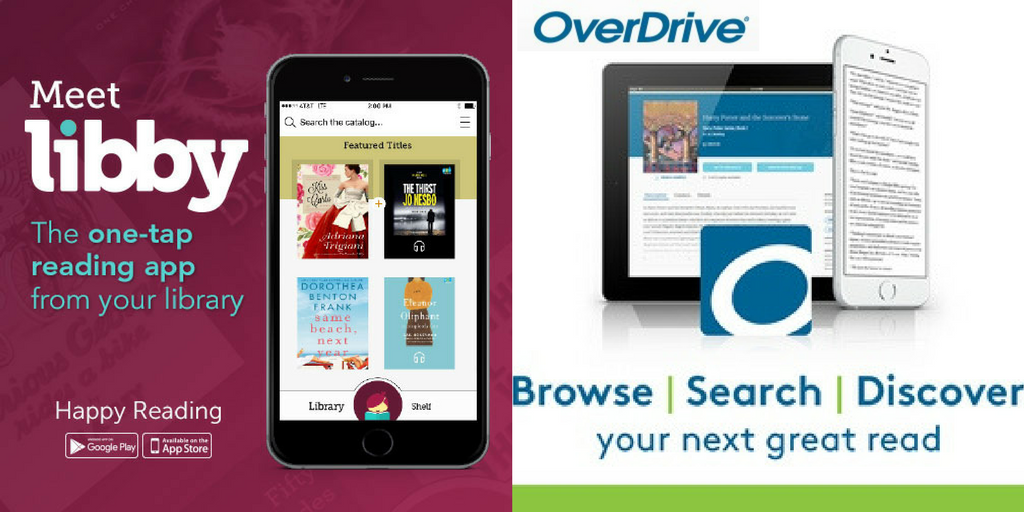In turbulent times, books are tools that help people navigate the world around them. Intellectual freedom and access to information uplift people in crisis and during more peaceful times, so the Banned Books Week Coalition invites you to champion the right to read during Banned Books Week, September 27 – October 3, 2020!
Since it was founded in 1982, Banned Books Week has helped people recognize and navigate censorship, and the battle for free expression is unending. Reading brings people together, but censorship drives us apart.
In 2019, ALA tracked nearly 377 attempts to censor library, school, and university materials and services, encompassing 566 books that were challenged or banned. The list includes books that can help readers, especially young people, understand and navigate tough situations.
The American Library Association condemns censorship and works to ensure free access to information. Every year, the Office for Intellectual Freedom (OIF) compiles a list of the Top 10 Most Challenged Books in order to inform the public about censorship in libraries and schools. The lists are based on information from media stories and voluntary reports sent to OIF from communities across the U.S.
The Top 10 lists are only a snapshot of book challenges. Surveys indicate that 82-97% of book challenges – documented requests to remove materials from schools or libraries – remain unreported and receive no media.
Top 10 Most Challenged Books of 2019
- George by Alex Gino
Reasons: challenged, banned, restricted, and hidden to avoid controversy; for LGBTQIA+ content and a transgender character; because schools and libraries should not “put books in a child’s hand that require discussion”; for sexual references; and for conflicting with a religious viewpoint and “traditional family structure” - Beyond Magenta: Transgender Teens Speak Out by Susan Kuklin
Reasons: challenged for LGBTQIA+ content, for “its effect on any young people who would read it,” and for concerns that it was sexually explicit and biased - A Day in the Life of Marlon Bundo by Jill Twiss, illustrated by EG Keller
Reasons: Challenged and vandalized for LGBTQIA+ content and political viewpoints, for concerns that it is “designed to pollute the morals of its readers,” and for not including a content warning - Sex is a Funny Word by Cory Silverberg, illustrated by Fiona Smyth
Reasons: Challenged, banned, and relocated for LGBTQIA+ content; for discussing gender identity and sex education; and for concerns that the title and illustrations were “inappropriate” - Prince & Knight by Daniel Haack, illustrated by Stevie Lewis
Reasons: Challenged and restricted for featuring a gay marriage and LGBTQIA+ content; for being “a deliberate attempt to indoctrinate young children” with the potential to cause confusion, curiosity, and gender dysphoria; and for conflicting with a religious viewpoint - I Am Jazz by Jessica Herthel and Jazz Jennings, illustrated by Shelagh McNicholas
Reasons: Challenged and relocated for LGBTQIA+ content, for a transgender character, and for confronting a topic that is “sensitive, controversial, and politically charged” - The Handmaid’s Tale by Margaret Atwood
Reasons: Banned and challenged for profanity and for “vulgarity and sexual overtones” - Drama written and illustrated by Raina Telgemeier
Reasons: Challenged for LGBTQIA+ content and for concerns that it goes against “family values/morals” - Harry Potter series by J. K. Rowling
Reasons: Banned and forbidden from discussion for referring to magic and witchcraft, for containing actual curses and spells, and for characters that use “nefarious means” to attain goals - And Tango Makes Three by Peter Parnell and Justin Richardson illustrated by Henry Cole
Reason: Challenged and relocated for LGBTQIA+ content


